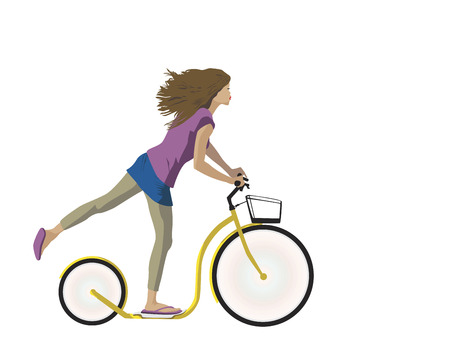
If you are one of the 36 million Americans taking a statin drug, or if you have been advised to take one, you should know about a new study that compares statins to exercise. Statins (Lipitor, Zocor, Crestor) are the most widely used drugs in the world, with $29 billion in sales in 2013. They are prescribed to lower cholesterol, which most doctors think contributes to heart disease.
Whether or not to take a statin is a dilemma for many, since official guidelines recommend them for virtually everyone over age 65. But as many as one in five people taking statins develop muscle aches and pains, which causes them to stop exercising. This is bad news, since exercise is important for preventing heart disease. So a group of researchers looked at ways that people taking statins could avoid muscle problems and continue to exercise.
Their surprising conclusion after analyzing dozens of studies? People are better off stopping their statins and exercising instead! The researchers reported that:
- Exercise is equivalent to statins in preventing heart attacks and strokes, but it is better in reducing overall deaths.
- Exercise can delay or prevent diabetes while statins increase the risk of diabetes.
- Exercise is associated with decreased obesity while statins sometimes cause weight gain.
- Exercise has been shown to increase quality of life, while statins have not.
- Exercise benefits the elderly (over age 75) while statins have not been shown to do so.
- There is more evidence of the benefits of exercise over the long-term (more than 10 years) than with statins
Not mentioned in the study were the many other side effects of statins, including memory loss and dementia, cataracts, liver and kidney damage, excessive fatigue, mood and sleep disorders, and sexual dysfunction. You can read more about these in my book.
How much exercise is enough? The authors were not specific, but a minimum of 30 minutes of moderate exercise (fast walking, biking, dancing, swimming, running) three times a week is the recommendation by many expert groups.
For those of you interested in more details about the study, it was published in the Journal of the American Board of Family Medicine in 2016, Volume 29, pages 727-740.

